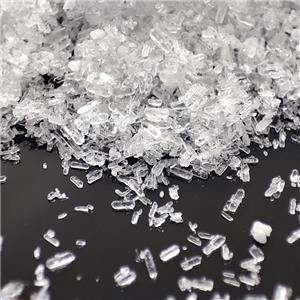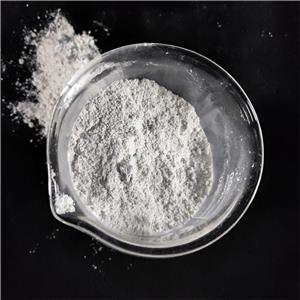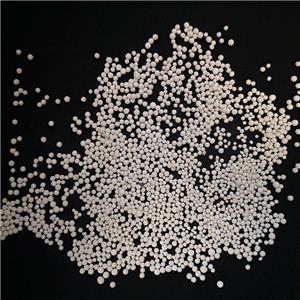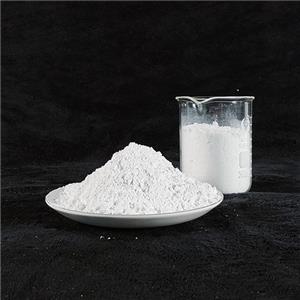Is Aluminum Hydroxide a Fire Retardant?
Aluminum hydroxide (Al(OH)3) is widely recognized as an effective fire retardant. Its unique chemical properties make it a popular choice in a variety of applications, particularly in the production of fire-resistant materials.
Mechanism of Action
Aluminum hydroxide functions as a fire retardant primarily through its decomposition when exposed to heat. When heated to temperatures above 200°C (392°F), it undergoes an endothermic reaction, releasing water vapor (H2O) and forming aluminum oxide (Al2O3):
2Al(OH)3→Al2O3+3H2O
This process absorbs a significant amount of heat, which helps to cool the material and slow down the combustion process. Additionally, the release of water vapor dilutes the concentration of flammable gases in the surrounding area, further reducing the risk of fire propagation.
Protective Effects
The aluminum oxide (Al2O3) formed during the decomposition acts as a protective barrier. This layer helps shield the underlying material from direct exposure to oxygen and heat, limiting further combustion. These combined effects make aluminum hydroxide a highly effective flame retardant and smoke suppressant.
Applications
Due to its effectiveness, aluminum hydroxide is extensively used in various industries. It is often incorporated into polymers, textiles, coatings, and construction materials to enhance fire resistance. For example, it is commonly added to electrical cables, insulation materials, and composite panels to meet stringent fire safety standards.
Environmental and Safety Considerations
One of the advantages of aluminum hydroxide as a fire retardant is its low toxicity and environmental friendliness compared to halogenated flame retardants. It does not release harmful gases or byproducts during decomposition, making it a safer choice for both human health and the environment.
Limitations
Despite its benefits, aluminum hydroxide has some limitations. Its effectiveness as a fire retardant is temperature-dependent, as it begins to decompose only above 200°C. Additionally, its high loading levels in materials may affect the mechanical properties of the final product. To address these issues, it is often used in combination with other flame retardants.
In conclusion, aluminum hydroxide is an efficient, safe, and environmentally friendly fire retardant. Its ability to absorb heat, release water vapor, and form protective layers makes it invaluable in creating fire-resistant materials across a range of applications.




